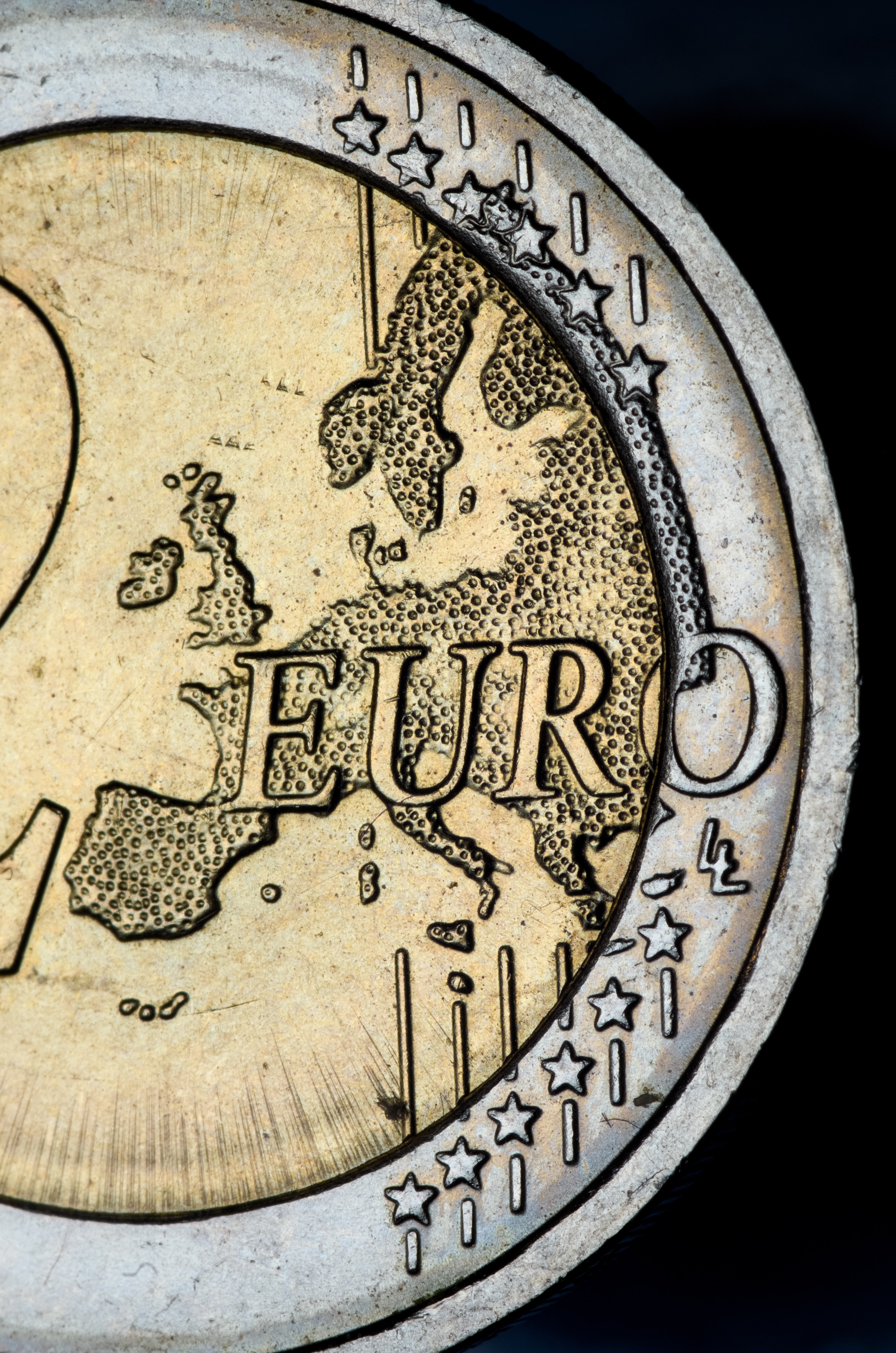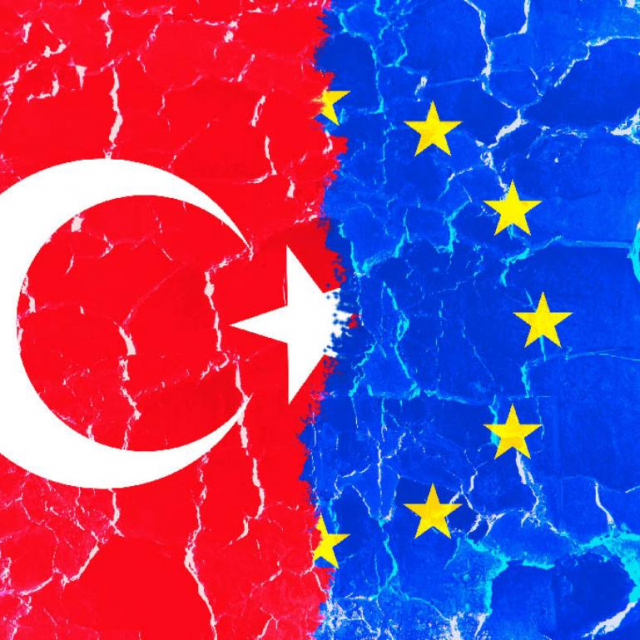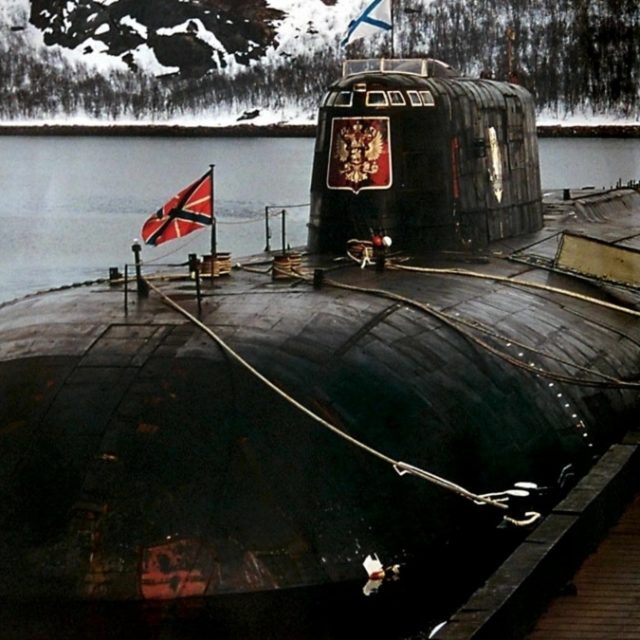Photo by Immo Wegmann on Unsplash
President of the European Commission, Ursula von der Leyen, has presented the details of the Commission’s proposal for a new Ukraine Facility that, if adopted by the European Parliament and Council of the EU, will mobilise up to €50 billion over four years in the form of both grants and loans.
The details were outlined at the Ukraine Recovery Conference 2023 in London which concluded on Thursday (June 22).
The Facility will support Ukraine’s efforts to sustain macro-financial stability, promote recovery as well as rebuild and modernise the country, whilst also implementing key reforms on its EU accession track between 2024 and 2027. The Facility underscores what the EU calls its “steadfast commitment to supporting Ukraine in the face of Russia’s ongoing war of aggression” and on its path towards EU membership.
In the margins of Conference, Executive Vice-President of the European Commission Valdis Dombrovskis, together with the President of the European Investment Bank (EIB), Werner Hoyer, the President of the European Bank for Reconstruction and Development (EBRD), Odile Renaud-Basso, and the Managing Director of the International Finance Corporation (IFC), Makhtar Diop, signed agreements worth over €800 million to mobilise private investment for the recovery and reconstruction of Ukraine’s economy.
The agreements, say the EC, underscore the joint international commitment to mobilise the private sector for Ukraine’s recovery and reconstruction. These agreements are separate to the new Ukraine Facility, which is expected to be operational in 2024.
A commission spokesman said, “Russia’s aggression against Ukraine continues to cause terrible human suffering, massive destruction of infrastructure and major disruption of the economy. The European Union (EU) and its Member States have demonstrated unprecedented unity in condemning Russia’s actions and providing support to Ukraine.”
The EU, its Member States and European Financial Institutions, in a Team Europe approach, have made available over €70 billion in wide ranging support to Ukraine and its people as of May 2023.
The Commission said it welcomes the progress Ukraine is making to address the seven reform priorities identified in its Opinion on Ukraine’s membership application, despite the “difficult situation on the ground due to Russia’s war of aggression “ which shows that Ukraine is taking seriously the accession process.
The Commission will give an update to the Council on the progress made by Ukraine at the upcoming informal General Affairs Council on 22 June and “stands ready to further assist Ukraine in making sustained progress in the coming months.”
The Ukraine Recovery Conference 2023 in London focused on mobilising international support for Ukraine’s economic and social stabilisation and recovery from the effects of war. In particular, the conference focused on the emergency assistance for immediate needs and financing of private sector participation in Ukraine’s reconstruction process. It follows the international conferences held in Paris, Berlin and Lugano.
Among those present was Romanian MEP Vlad Gheorghen, a member of the Renew Europe group. He was the only one from Renew Europe invited to the event.
He was invited for his work on Ukraine, asset confiscation, sanctions evasion, his repeated calls for the establishment of Rebuild Ukraine Fund, as well as his support for Ukrainian refugees.
He said, “Everybody would agree with the principle that the criminals should pay for their crimes. This totally applies to Russian war crimes in Ukraine. Russia must pay and will pay for Ukraine’s reconstruction. They will pay for Kakhovka Dam, Marioupol theatre, destroyed hospitals and schools and private houses.”
He added, “Obviously, the EU and other international partners will help Ukraine financially as long as it takes to make it strong.
“At the same time, we should use Russian assets which are frozen in the EU as quickly as possible to channel them to Ukraine. I work on it in the European Parliament and I am happy that all these ideas are now also voiced here at the Ukraine Recovery Conference in London. When I proposed the idea of Russian assets confiscation for the rebuilding of Ukraine in March 2022, just after the start of the war, it came as a surprise to many policy-makers. Now, we see that for example in the USA it has become a reality and they are ready to channel the money of Russian criminal origin to Ukraine. This should become a reality also across the whole EU, and I think we are close to it.”
The MEP went on, “As a member of the EP committee for Budgets I made every effort to include such compensation mechanisms in the Directive on asset recovery and confiscation, as well as the Directive on the penalties for the sanction evasion.
“We have seen the EU acting incredibly quickly on some urgent priorities. The war in Ukraine and the urgent needs to reconstruct at least the basic healthcare facilities represent a big urgency. We live in unprecedented times, and it’s no wonder that we need unprecedented instruments to tackle the challenges.”




